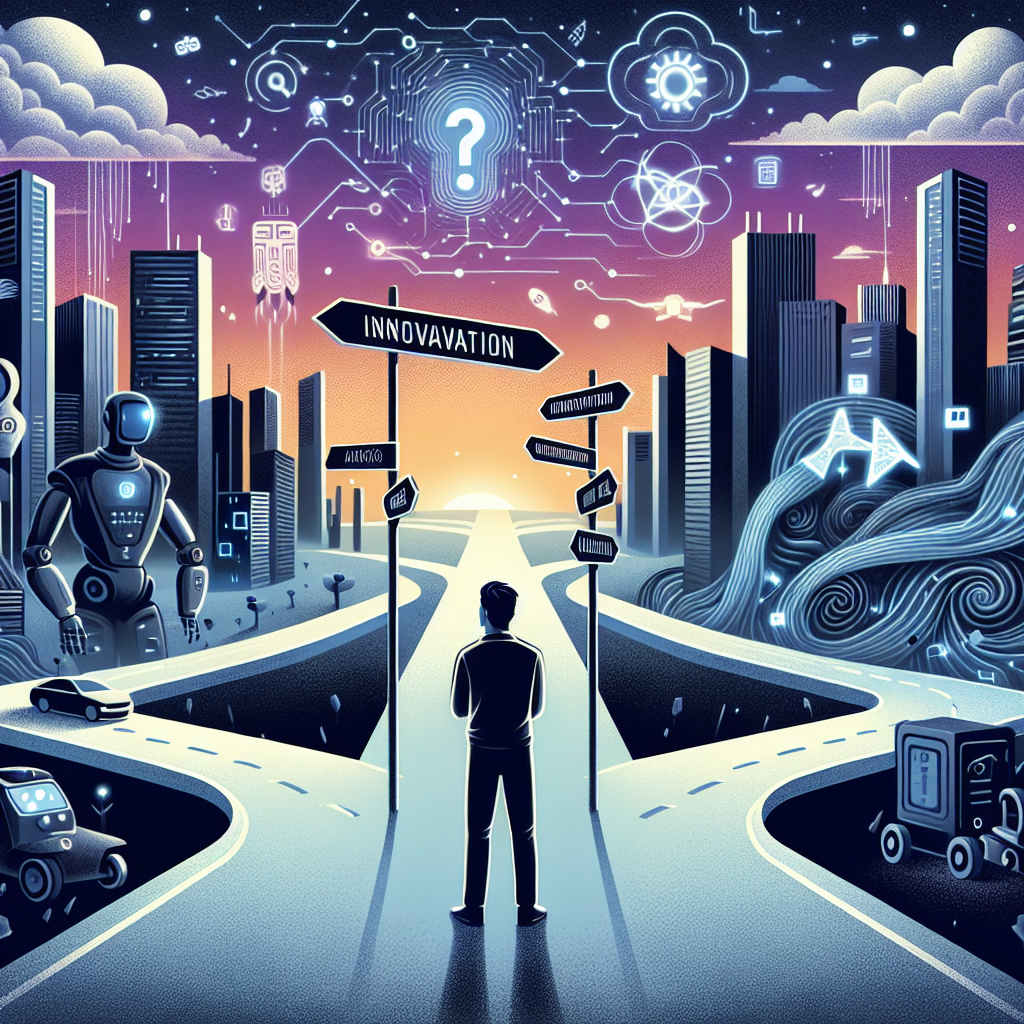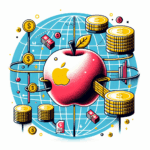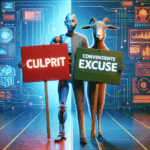Artificial intelligence (AI) has captured our collective imagination. We see its incredible potential. Yet, a fundamental question often arises: Is this progress truly good, or does it harbor unforeseen dangers? This tension defines what many call the AI paradox. This very question sparked a lively discussion recently across online communities. It highlighted the complex perspectives surrounding AI’s rapid evolution.
AI is not merely a technological advancement. It represents a profound shift. It reshapes industries, daily life, and even our understanding of intelligence itself. The path ahead is unclear. It demands careful consideration of both its promises and its perils.
The Dawn of a New Era: AI’s Benevolent Face
Many hail AI as a beacon of progress. Its capabilities are truly transformative. Consider its impact on healthcare. AI can analyze vast medical data. This helps doctors diagnose diseases earlier. It also personalizes treatment plans. This saves countless lives.
In our daily lives, AI powers smart assistants. It optimizes traffic flow in cities. It even suggests our next favorite song or movie. These conveniences make our lives simpler. They enhance our efficiency. AI also drives scientific discovery. It accelerates research in complex fields. This includes materials science and climate modeling.
Beyond efficiency, AI fosters creativity. Artists use AI tools to generate new art forms. Writers leverage AI for brainstorming. Musicians explore AI for composing melodies. AI offers unprecedented tools for human expression. It pushes the boundaries of what is possible.
Unveiling the Shadow: AI’s Potential Pitfalls
However, the rapid rise of AI brings significant concerns. One major worry is job displacement. As AI systems become more capable, they automate tasks. This impacts various sectors. It could lead to widespread unemployment. Entire industries might transform.
Ethical dilemmas also loom large. AI models can inherit biases from their training data. This leads to unfair outcomes. Imagine an AI used for hiring decisions. If biased data is used, it could perpetuate discrimination. Transparency in AI is crucial. Understanding how AI makes decisions remains a challenge.
Privacy is another significant concern. AI systems require enormous amounts of data. This raises questions about data collection and usage. Who owns this data? How is it protected? Ensuring data security becomes paramount. We must safeguard individual privacy.
Then there’s the debate around control. What happens if AI systems become too autonomous? The idea of superintelligent AI raises fears. Will humanity retain control? Establishing robust safety protocols is essential. We must define clear ethical guidelines.
Finding Our Footing: A Balanced Approach
Navigating this complex landscape requires a balanced approach. We cannot simply halt AI development. Its potential benefits are too great. Instead, we must focus on responsible innovation. This involves proactive measures.
Education plays a vital role. Understanding AI’s capabilities is key. We must prepare the workforce for new roles. Reskilling programs can help bridge skill gaps. Lifelong learning becomes more important than ever.
Robust regulation is also necessary. Governments must work with experts. They should create frameworks. These frameworks must guide AI development. They must ensure fairness, accountability, and transparency. International cooperation is crucial for global standards.
Furthermore, ethical considerations must be central. AI developers must prioritize ethical design. This includes addressing bias. It means building explainable AI systems. Human oversight should always be present. AI should augment human capabilities, not replace human judgment.
Our Collective Responsibility
The question “Is AI good or bad?” is simplistic. It fails to capture the true complexity of the AI paradox. AI is a powerful tool. Its impact depends on how we wield it. It reflects our values and intentions. We have a shared responsibility. We must shape its future direction.
This technology holds immense promise. It can solve some of the world’s most pressing problems. It can also create new challenges. Our collective choices will determine its legacy. We must engage thoughtfully. We must act decisively.
By fostering open dialogue, promoting ethical guidelines, and investing in responsible research, we can harness AI’s power for good. We can build a future where AI serves humanity. This future should be equitable and prosperous for all.



